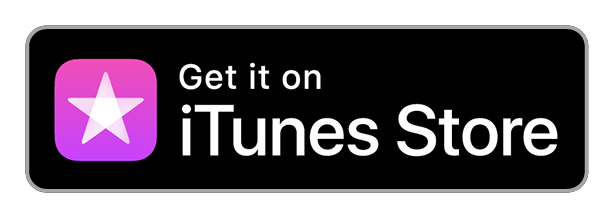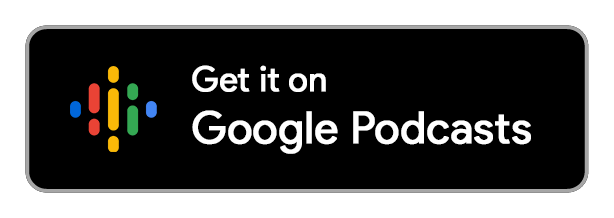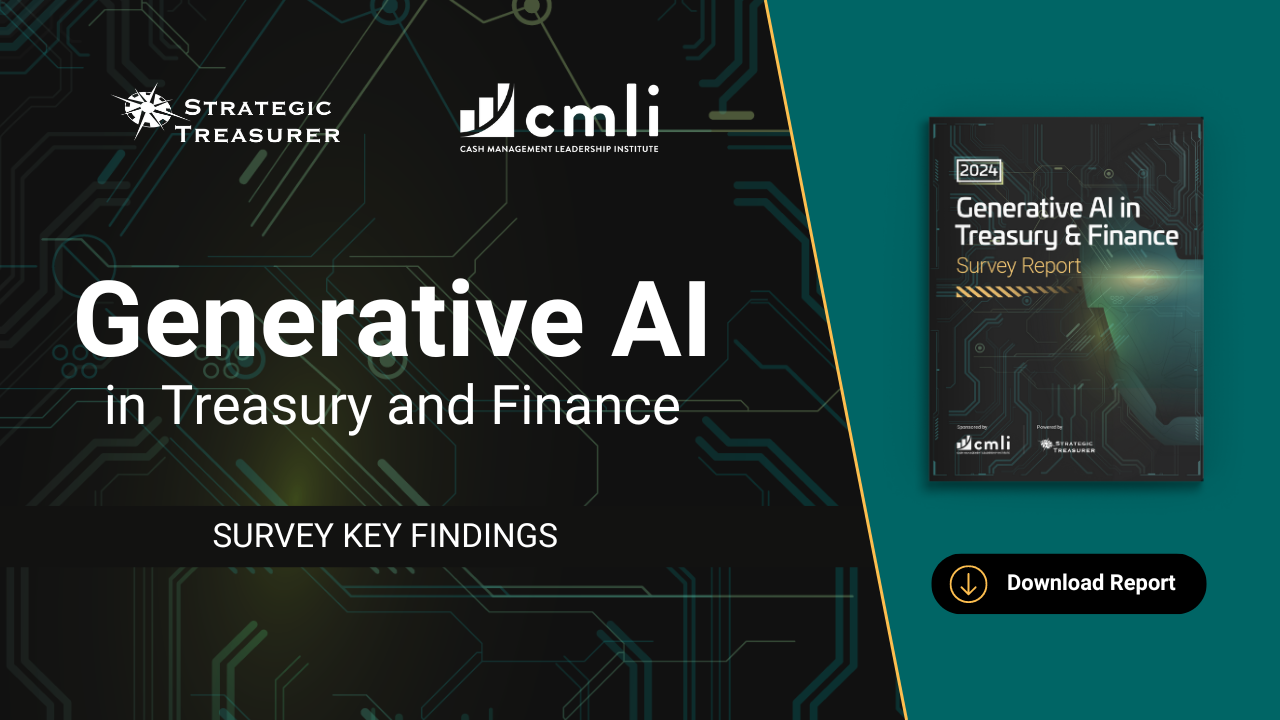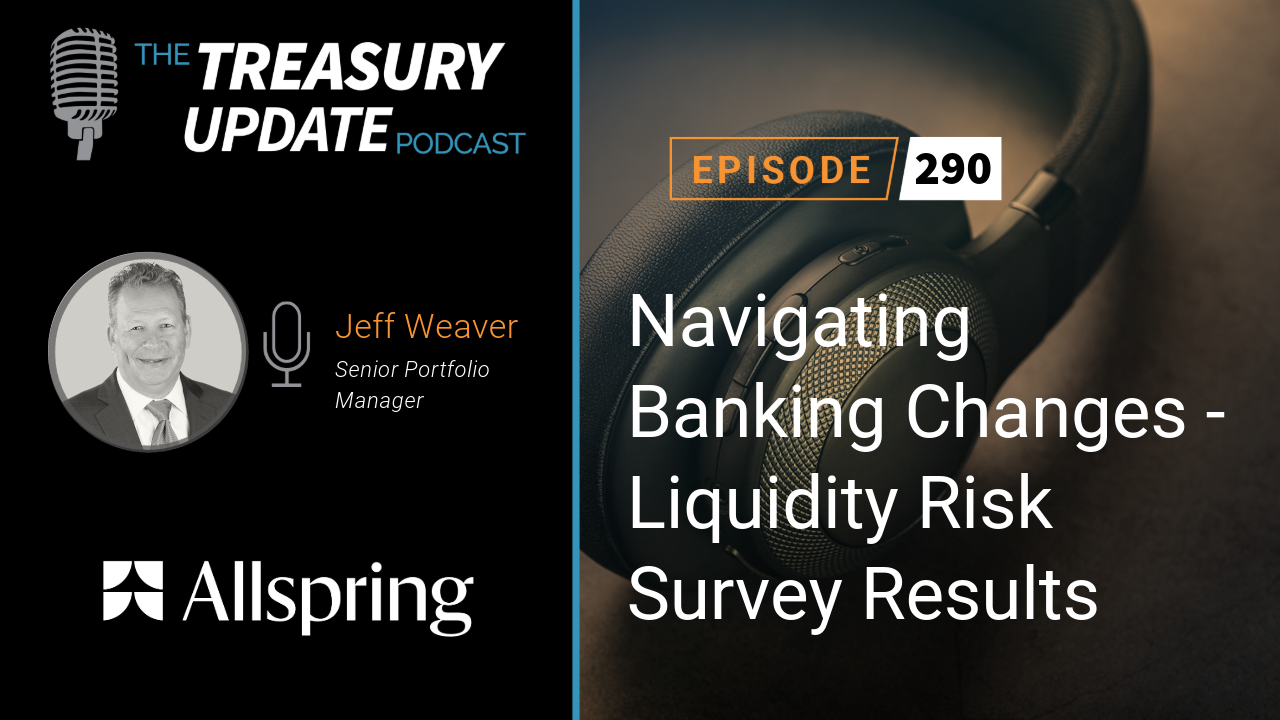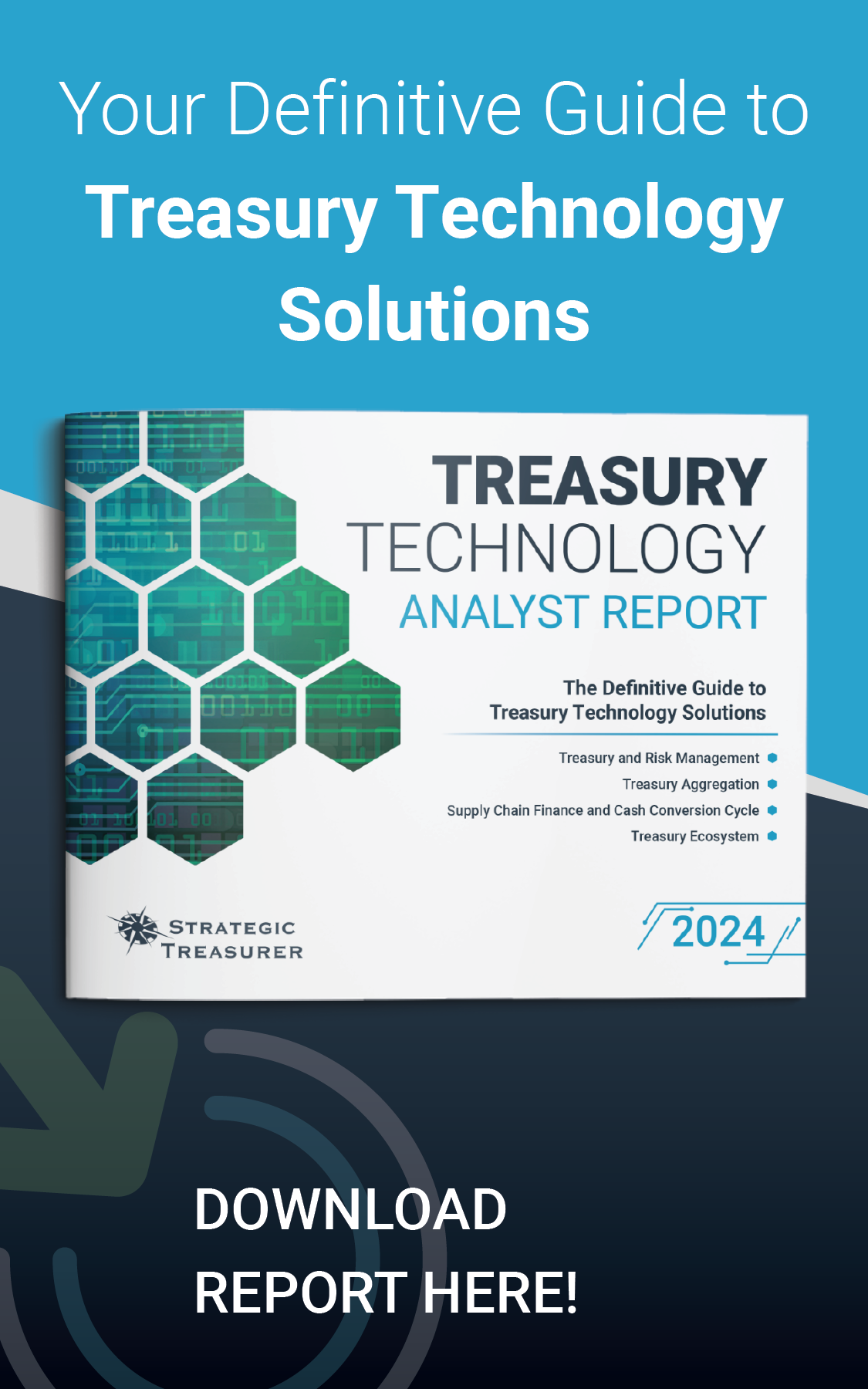
Episode 315
Unfiltered Feedback – Getting the Information You Need
In today’s episode of the Treasury Update Podcast, Doug Hartsema from The Hartsema Group discusses the importance of unfiltered feedback for banks and payment firms. He explains how transforming customers into advisors can have a significant impact and highlights the critical differences between customer and advisor voices. He also reads through examples of key customer quotes and discusses their meanings.
Host:
Craig Jeffery, Strategic Treasurer


Speaker:
Doug Hartsema, The Hartsema Group
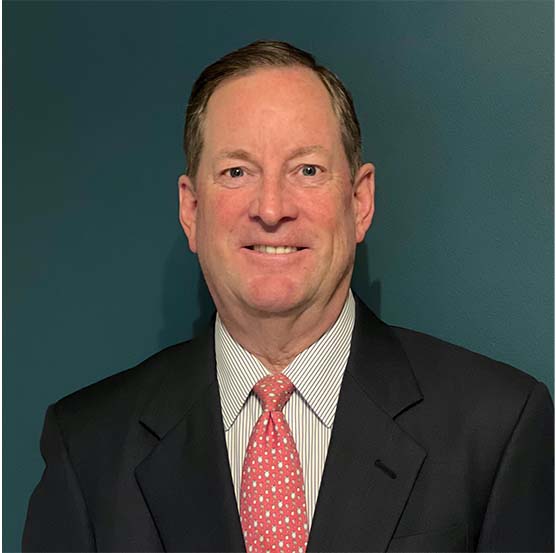
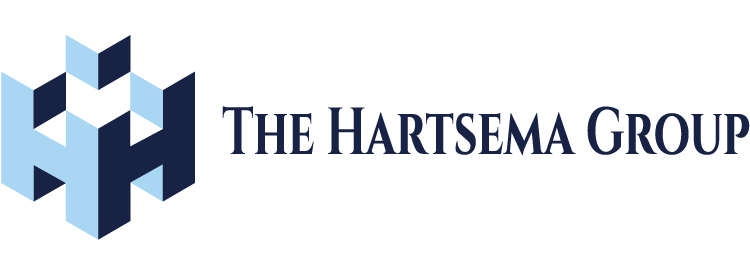
Subscribe to the Treasury Update Podcast on your favorite app!
Episode Transcription - Episode # 315: Unfiltered Feedback – Getting the Information You Need
Ep 315 – Unfiltered Feedback – Getting the Information You Need transcript
Announcer 00:00
Craig, welcome to the Treasury Update Podcast presented by Strategic Treasurer. Your source for interesting treasury news, analysis, and insights in your car, at the gym, or wherever you decide to tune in.
Craig Jeffery 00:19
Welcome to the Treasury Update Podcast. This is Craig Jeffery. I’m your host today. Our guest is Doug Hartsema. He heads up the Hartsema Group. They run advisory groups for many banks, payment rails and even the university.
Doug Hartsema 00:32
Yeah, great to be here. Thanks, Craig.
Craig Jeffery 00:34
Today’s episode is called Unfiltered Feedback: Getting the Information You Need. Doug runs a group of advisory groups, and he described things as, you want feedback that’s part of a family. Have a group that’s treated as a board to get feedback that a board would provide. That’s the context for this discussion. And so Doug has made a business out of that. You know, Doug, as you do this heavily for banks, for example, and and others, what kind of feedback do they need? What’s important for for banks to to hear?
Doug Hartsema 01:10
First of all, I’m going to take a little bit of a contrarian view, and I’m going to start by suggesting that I think feedback is overrated. Feedback by itself, is overrated, but I think advice and guidance is actually underrated, and as we’ll discuss, there’s a big difference between feedback, which tends to be a quick answer to an easy question, and advice and guidance, which you sort of have to earn. You can ask for feedback and you’ll get it, but if you really want advice or guidance, and I’ll use advice going forward. You have to earn it.
Craig Jeffery 01:44
So if you’re asking for feedback, it’s not as deep, it’s easier to give. It’s a lower barrier to entry, but advice and guidance takes a commitment between the two parties. It sounds like that’s exactly right. I like that difference between feedback and guidance. What’s the negative side? I think you said feedback is overrated. What are some of the negative sides of feedback? I mean, we always hear about the voice of the customer. The customer is always right, except when they’re when they’re not. But what are some of the negative sides of that?
Doug Hartsema 02:15
I think it’s a continuum. Feedback is typically you think about, you’re going to fill out a survey, and you’re going to spend a little bit of time on it, and you don’t know what’s going to happen to it, and so you answer the questions. Advice is something completely different, because if you ask someone for advice, then you’re serious about it, and you know them, and you may or may not take their advice, but it’s a completely different animal than asking someone for feedback, and that’s what we try to do in our advisor groups, is position a group of hand picked customers, usually the, you know, the bank’s best customers, or the technology companies best customers. In our in the case of the university, it’s their it’s their contributors, and create an environment where they’re willing to give advice, and that takes time. And as you’ve said, that that requires a relationship. So feedback doesn’t really require a relationship. Advice does.
Craig Jeffery 03:13
The concept or the phrase the voice of the customer, I guess. How would you describe the difference between what’s generally known as the voice of the customer and the voice of an advisor. If we’re making or making advice and guidance difference. How would you contrast those two? You’ve already done some of that. I just as are there other things that would be useful?
Doug Hartsema 03:34
Yeah, as we run these advisory groups, it’s interesting to see the evolution of the customer base, the advisory group base, and we talk about a transition from customer to partner to owner. And so in the first meeting, sometimes in the first couple of meetings, I’ll use the bank advisory groups as an example. The bank treats the group like customers, and the customers act like customers, and they tend to be narrowly focused on tactical things, and it’s more of a feedback session because they’re new to the group. We haven’t invested a lot of time and effort and energy and money into the group yet, and then they transition. And typically it takes a couple of meetings. And these are, these typically are two day meetings twice a year, which is a very significant investment of time by the sponsor bank. In this case, then they transition, and they start to act like partners, and they start to give feedback that’s more like a partner, and the bank tends to be more transparent. And the change is really dramatic. It goes from tactical to strategic. They start to talk like partners. The bank starts to manage them like partners, and the dialog changes. And then another couple of meetings down the road, and this is where the mature advisory groups are. They start to act like owners. Their their questions are probing. There, guidance is is fundamental, and it is much more industry specific. So in the early stages, they answer a question from their perspective. In the later stages, they answer the question from their industry’s perspective because they are representative of their industry. And that’s probably the example that I would give in terms of the fundamental difference between what happens in the first meeting, which is more like feedback, and what happens in the third or fourth meeting, which is much more like advice.
Craig Jeffery 05:31
Giving feedback for perhaps, for the industry is part of that. I guess if the participant acts as an owner, do they sometimes give feedback that’s very, very much, almost from the position of what the bank should do, not just for their that company’s particular industry.
Doug Hartsema 05:49
Yeah, very much. And we’ve had situations where, I mean, they get so invested in the bank, they buy shares in the bank, and they really start to act like, you know, like shareholders. Now it takes that investment that doesn’t happen in the first couple of meetings, but we’ve got a couple of advisor groups that have been around with largely the same number of people for 10 years. And you know, when you’ve when you’ve been around for 10 years, you’ve been in 20 meetings with these folks, you know exactly what they’re doing, what matters to them, and that’s the real that’s where the magic starts.
Craig Jeffery 06:22
Before I move on to the other questions in this podcast, maybe you could give everybody just the one minute bio, your background.
Doug Hartsema 06:30
Okay, grew up the old Wachovia, the real one, the blue one, a long time ago, where Craig and I worked together. I won’t say how long ago, but went from there to small software company, which was kind of interesting, and then worked for bank one, which became JP Morgan, and then finished out my career at Huntington, and all along the way all the way back to the old Wachovia, we did this at JP Morgan, and we did this at Huntington. We created a customer advisory group, and we treated them like a board of directors. And I can remember the one at Wachovia with RJ Reynolds and Bill south and some of those old companies that were that were part of that group, and we really used our customers to help shape the business. And so when I was at Huntington, we created this group, and the one at Huntington was just really magical, and that’s where I got the idea to this is more fun. This is most fun that I have. So I’m going to turn it into a business. And so I guess 11 years ago, we turned it into a business, and now that’s what we do.
Craig Jeffery 07:32
That’s excellent. You know, one of the things that you had sent out was, please write these quotes that have come out of these advisory groups, and there’s a lot of good summary learning, like there’s these are, these are almost maxims. They’re just that they provide a rich set of insight. Why do you care about these quotes? I mean, you use them effectively, so obviously you do. But why is there? Why is there value in these quotes?
Doug Hartsema 08:01
We love the quotes. As I mentioned, we’ve been doing this for 10 years. Quotes don’t lie. Now, the thing about quotes is, and this is a this is sort of a process thing. A quote in the right setting is different than just a quote. So for instance, we follow what’s called the Chatham House rules, and that means that we’re capturing everything, but we don’t attribute it. So when we’re in these meetings, they know we’re capturing quotes, and they know we love the quotes, because you know you can agree or disagree with what somebody said, but you can’t argue that they said it or didn’t say it. And quotes ripple through an organization more than than anything, really. I mean, that’s at least, that’s what we’ve seen the participants in the meetings. They know they’re being quoted, but they know we’re not going to say this is Craig Jeffrey from strategic treasurer. So it creates sort of a safe place. And so not only do we like quotes just for their value, we like them because inherently, they’re going to be really honest. And you can tell somebody something, and they know that I’m going to capture it, and they know that I might highlight it and I might send it out 10 years later in my quote contest, but they know that that’s never going to be attributed to them. And I think it just raises the bar on the feedback and on the honesty that we get.
Craig Jeffery 09:17
Unfiltered feedback. You know, you mentioned Chatham House rules. It’s kind of like, you know, when you have Robert’s rule, rules of orders, you’re not supposed to address other people in the room. You’re supposed to dress the moderator. So it takes the heat out of things and allows you to get to the core without doing it in the Chatham House rules, you know, provides a another way of of removing the filter that people would put on themselves. That’s that sounds excellent. Of the top vote getting quotes that you have. Why don’t you pick one of the best ones, the best of the best that were filtered up. Tell us what it is and what we learned from it.
Doug Hartsema 09:52
Okay, so what we did is we picked our 15 favorite quotes and we sent them out to a group about 250 folks, I guess we sent it out to, and they’re the people who said them, and the sponsors who were in the room when we when we heard them, and we said, Hey, pick your favorites. So we got this list of our favorites, and now we’ve got the list of what the largely the practitioner group thinks were their favorites. And I’ll read you the three that were the most popular, and then I’ll talk about the I’ll talk about the one that won, because I think the one that won is just really interesting. So number three is, products don’t differentiate. People differentiate. We hear that in basically, in every meeting, as you can imagine. You know, these are banks that like to talk about their products, and it’s interesting how many times over the years we’ve had the corporates say, well, that’s really interesting, but we want to understand how you’re investing in your people, because that’s what really is going to differentiate you. Okay, the second one is one of my favorites, and this was the number two vote getter. This one’s a little long, but I’m going to read it. The last and most important step of the implementation is to make sure the customer is successful. The implementation isn’t complete until the product is delivering the results we expected. And that sounds so simple, but most of the banks, most companies in general, once the product is turned on, that’s the end of the implementation. What the customers are saying is, no, it’s really not implemented until it is doing what you promised me, it would do. It is saving what you promised me, it would save. It is addressing the problem that I bought it for, and that’s really, really profound.
Craig Jeffery 11:39
That’s going to have a big impact on customer satisfaction. Just like if we help people implement things, there’s a there can be a hyper care period where you’re helping to make sure it’s up and running smoothly. And there can be an optimization component too. It’s like, okay, now you’re getting, you’re getting what you expected, but there’s more room, there’s more opportunity to to make a difference. That’s, that’s a great quote. Was one of those? The top quotes?
Doug Hartsema 12:03
No, the top quote is this one. If you used this product every day like we do, I promise you’d make it better.
Craig Jeffery 12:13
When I hear that, it’s humorous in some ways. And if you build something and it’s great at a demo, it’s, you know? It’s like, okay, this is how you do it. It seems extremely intuitive. And there’s like, 50 clicks to get something done, and that’s like, oh, okay, I can learn that. But then when you try to perform, like, I don’t want 50 clicks. I want the thing done. I want this other part anticipated. I want it to be extremely smooth, like there’s no way I should be able to operate it the way I did in the beginning. I want to be really quick and have the expertise that saves it. And so what demos well doesn’t necessarily play well. I don’t know if that’s part of it, but maybe you can talk through what, what we can learn from that quote that seems really good.
Doug Hartsema 12:58
The most interesting thing to me about this quote is, what’s behind it is an assumption that the banks, in this case, are not using the products that they’re building. Not only did this quote win, it won by a lot, and so it really resonated with the corporate practitioners. But what it suggests is, and this is sort of the ultimate, the ultimate feedback on UX and UI is it suggests that nobody would design something that is either this complex or this non intuitive or this difficult. And if you saw what we had to go through, you would fix it. Basically, what they’re saying is, if you knew what we knew, you would make your products different. And what’s what’s also interesting about that is that the backdrop for this, there’s two things that we hear all the time across banks. The first is, make it easy, and easy means easy to understand, easy to buy, easy to implement, easy to use, easy to maintain and easy to pay for. And the fact that this quote, One suggests that there’s work to do, the other thing that we hear, which is a little bit of a tangent, and then we can get back to the to the usability is, we hear what I call CLM customers like me. What comes up in every session is, can you just tell me what other companies like mine are doing that I’m not doing? And is this something that companies like mine are using, and if so, how are they using it? We get asked all the time, you know, what are the things that are truly universal across 10 years worth of these advisor group meetings? That’s the two things customers like me and easy.
Craig Jeffery 14:54
There’s a lot unpacking that little quote. I’m sure whoever made that is wondering. How broadly they impacted both the bank that was in the room, the others there, and even our audience today. That’s That’s excellent, bringing the our discussion to a full circle. We talked about unfiltered feedback, getting the info you need. What kind of feedback do you want? What kind of feedback do you need? I’m not sure if those are the same questions. I think they’re different questions. But maybe you could just cut that’s a that’s a way of asking you to summarize how you think about unfiltered feedback.
Doug Hartsema 15:28
I would say kind of back to the feedback is interesting and advice is valuable. I would say the best advice is, is the answer to the question, how can we make this better? Not what should we do? Customers actually get turned off when you say, what should we do? Because you’re supposed to know what you should do. So I think the ultimate question and the ultimate feedback that can come from this group that you’ve been nurturing now for a long time spending a lot of time and energy with these folks. How can we make this better? How can we make this product better? How can we make our sales pitch better? How can we make our service better? How can we make our team better? That, to me, is kind of the distinction between, hey, does this work? And is this really the role that you’re playing as an advisor?
Craig Jeffery 16:25
Doug, thanks so much for your your feedback and your time today.
Doug Hartsema 16:29
You’re welcome, anytime.
Announcer 16:36
You’ve reached the end of another episode of the Treasury Update Podcast, be sure to follow Strategic Treasurer on LinkedIn. Just search for Strategic Treasurer. This podcast is provided for informational purposes only, and statements made by Strategic Treasurer LLC on this podcast are not intended as legal, business, consulting, or tax advice. For more information, visit and bookmark StrategicTreasurer.com.
Related Resources
Generative AI in Treasury and Finance
Artificial intelligence (AI) has become one of the hottest topics for discussion of late. The growth of ChatGPT and Gemini has increased treasury professionals’ level of familiarity and has spurred additional thoughts and actions. The 2024 Generative AI in Treasury and Finance survey captured the current AI use for treasury activity, as well as future plans.


